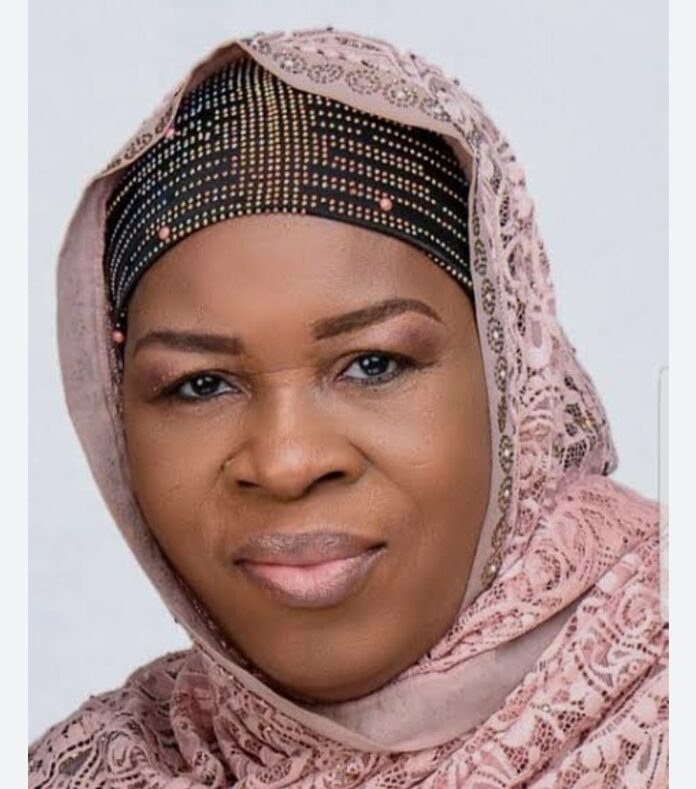Beyond their playful rivalries over jollof rice and football supremacy, Ghana and Nigeria share profound historical, cultural, and political trajectories that have shaped West Africa’s development. As Britain’s most significant colonial possessions in West Africa, both nations emerged from similar experiences under indirect rule, which leveraged existing traditional power structures while introducing “modern” administrative systems.
The post-independence stories of these two Anglophone giants mirror each other in remarkable ways. Both countries experienced the euphoria of independence in the late 1950s and early 1960s, with Ghana leading the way in 1957 under Kwame Nkrumah, setting a precedent for Nigeria’s independence in 1960. Their subsequent political journeys have been marked by strikingly similar patterns of democratic aspirations interrupted by military interventions.
The military’s role in both nations’ political evolution is particularly noteworthy. Ghana experienced its first coup in 1966, setting off a pattern of military interventions that would continue until Jerry Rawlings’ eventual transition to democratic rule. Similarly, Nigeria’s First Republic was terminated by military intervention in 1966, beginning a cycle of coups and counter-coups that would persist until 1999. Both countries’ militaries justified their interventions with similar rhetoric: fighting corruption, promoting national unity, and ensuring economic stability.
The journey back to civilian rule in both nations has also followed parallel paths, though with different timelines. Ghana’s return to democracy in 1992 under Rawlings provided valuable lessons for Nigeria’s later transition in 1999. Both countries have since maintained democratic governance, despite challenges, with regular elections and peaceful power transfers becoming increasingly institutionalised.
However, in conducting credible and transparent elections, Ghana seems to be a notch ahead of Nigeria. Such was the case of its latest presidential election; smoothly conducted and unanimously accepted, but the highpoint of the process was the acceptance of defeat by the governing party’s candidate, Mahamudu Bawumia who, based on the data at his disposal conceded defeat and congratulated the opposition candidate, John Mahama even when the electoral commission was yet to officially announce the results; and has once again set the stage for orderly transfer of power.
In that speech, the VP/candidate of the governing New Democratic Party, (NPC) recalled his statement during the signing of the peace accord before the election at a time Ghana was sitting on “ tenterhooks’ . And that whatever happened, he was sure “Ghana will win and peace will reign”. In keeping faith with his patriotic stand, he noted that “the people of Ghana have spoken and have voted for change, … we respect that decision with all humility”, adding that he made the concession speech before official announcement to avoid “further tension and preserve the peace of our country… it is important that the world continues to believe in the peaceful and democratic character of Ghana. These are our most important assets. Ghana is more important than our individual political ambitions and we must always put Ghana first”, Bawumia declared.
The last time we saw such display of democratic magnanimity in Nigeria was in 2015, when then President Goodluck Jonathan, went against the counsel of his toxic aides, and conceded defeat to then General Muhamadu Buhari of then opposition party. Before and after this singular symbolic moment, presidential election in Nigeria puts the nation on the edge. The beneficiary of Jonathan’s gesture, Buhari was never kind to his opponents and had called for violence after losing election in the past, unlike Mahamudu Bawumia of Ghana.
Contrarily, the Nigerian situation in all presidential elections is oddly different and at variance with what we just saw in Ghana. Our recourse to the judiciary, whose integrity is equally questionable, means a declining faith in electoral processes. But it is also beyond the electoral commission, in this case INEC. The joke is on our attitude and our system deficiency. How prepared are the participants (the political class and their supporters) to put the nation’s interest above their narrow selfish interest of winning at all costs, as was displayed by Ghana’s VP/candidate Bawumia. He talked about the world believing in Ghana as their most important assets. Don’t our political leaders feel more entitled than concerned over the sanctity of the country?
When we talk of an asset that Nigeria is as the largest black nation in the world, we also measure/count others in form of population, landmass (at 923,769 square kilometres compared with Ghana’s at 238,533 square kilometres) and crude oil deposits, but as can be gleaned above, those are natural endowments. Why have we not been able to develop our own national character in terms of robust institutions and our abiding faith in them, integrity, transparency and patriotic fervour and take pride in them? For not properly articulating our national character and values, the natural endowments have become some form of liabilities. The population is not productive and threatening to implode; the huge landmass has created unmanageable and unimaginable border challenges in transnational crisis exacerbating our own internal conflicts, while crude oil exploration and exploitation are mired in corruption and self-enriching glee that leaves us with infrastructure decay. Not forgetting the mismanagement of our diversity. Instead of diversity to form the nucleus of a competitive spirit, politicians amply it to further divide us.
The other question is what we call the power of incumbency. Except ex-president Goodluck Jonathan, the political class exploits incumbency to maximum advantage. Bawumia belongs to the governing party, which had just lost the election. That is becoming increasingly difficult in Nigeria, where almost all arms of government including the security architecture and other smaller mushroom political parties are mobilised to “align” and ‘endorse” the governing party to “continue their good job”. Now, we do not have to go far to America where incumbency failed to win the presidential election in 2020 and in the last November election, and in the UK where the incumbent yielded to the opposition in the last two elections. Ghana is here to prove that opposition can win election without compromise and without bitterness, and definitively without recourse to the judiciary for interpretation, and or declaration or affirmation of victory to the incumbent.
The usual friendly squabbles between Nigeria and Ghana should, going forward, include who, between the two countries, is adept at political engineering, democratic governance, at patriotism and at articulating and sustaining national values and political cohesion.
Zainab Suleiman Okino is chair, Blueprint Editorial Board and a syndicated columnist




